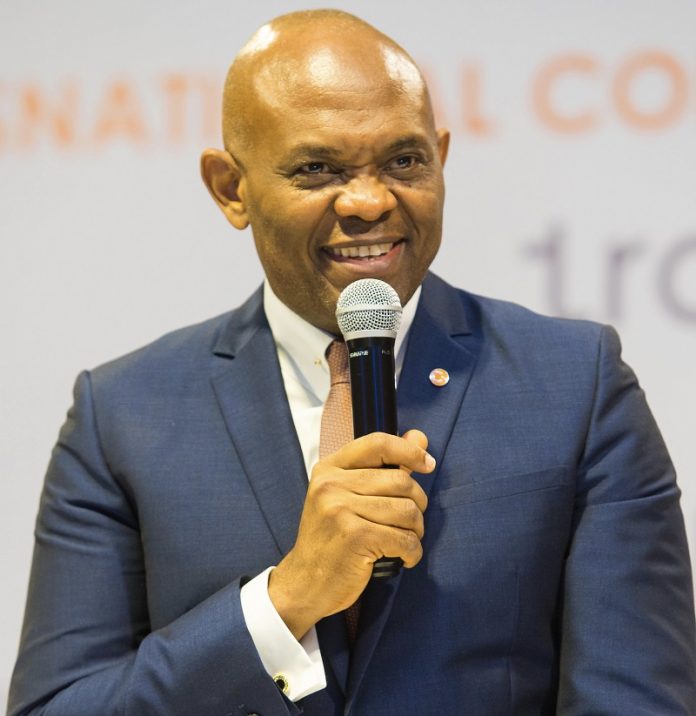
14 Feb Nigeria’s Private Sector Sets Aside N100bn To Fight Insecurity
Nigeria’s private sector coalition has put together N100 billion to help the government fight widespread insecurity in the country.
The Chairman of the United Bank for Africa, Tony Elumelu disclosed this at a dinner organised for top executives of the bank, held during the weekend.
According to Elumelu, the task force is tasked with pooling resources across industries to provide technical and operational support while providing funding and building advocacy through aggressive awareness drives.
In addition to the efforts of the Federal Government, the UBA chairman said the coalition, during the wake of the coronavirus pandemic, provided and equipped medical facilities in the six geopolitical zones in Nigeria.
This, he noted, led to the creation of testing, isolation and treatment centres, and including the provision of Intensive Care Units and molecular testing labs.
Elumelu said that in view of the importance of security to national development, CACOVID was now using its platform to mobilise funds to equip security agencies.
He said, “Currently, we are using the CACOVID platform to engage the economy. We did a lot for the healthcare and other aspect of the economy during the period of Covid-19.
“We have just put together another N100bn under CACOVID to help support security agencies to address the issue of insecurity in the country. We believe that if they are well armed and equipped, it will help reduce the level of insecurity in the country.”
In his speech, the Governor of Central Bank of Nigeria, CBN, Godwin Emefiele, who was the special guest at the forum said his vision of a people-centred central bank was driven by some of the key challenges facing the Nigerian economy, particularly the heavy reliance on oil for revenues and foreign exchange earnings.
“The over-dependence on crude oil earnings fueled an excessive dependence on imports, which came at the expense of constraining growth in critical sectors of our economy such as agriculture and manufacturing. It also exposed our economy to volatilities associated with changes in the price of crude oil in global markets,” Emefiele stressed.
According to him, notwithstanding the relevance of the agriculture and manufacturing sectors, output has been constrained due to poor credit, relative to the oil and gas sector.
In a further effort to justify the CBN’s interventions in the real sector, Emefiele stressed that given a population size of over 200 million people, with favourable youth demographics, the apex bank was well convinced that providing the necessary support, including improved access to finance to households and businesses, coupled with better infrastructure would boost productivity, and help in enabling greater direct investment flows into the economy.
“As a result, there was a growing recognition of the need to refine our monetary policy tools and regulatory framework in order to ensure that it was more responsive to the needs of the Nigerian populace.
“It was important that this new framework enabled the flow of credit by financial institutions to critical sectors in order to aid our efforts at driving productive activities and creating job opportunities for our g to rowing population.
“More importantly, it was designed to curb an excessive penchant for imports particularly in areas where we possessed the manpower and resources to produce such goods in Nigeria.
“The CBN believes that investments in agriculture and related sectors, distribution storage systems, and necessary market infrastructure are critical to building a cost-effective, viable and sustainable food system in Africa.
“The creation of the appropriate policy initiatives to address the identified challenges is a charge we at the Central Bank of Nigeria have championed with some have results,” Emefiele reiterated.


Sorry, the comment form is closed at this time.